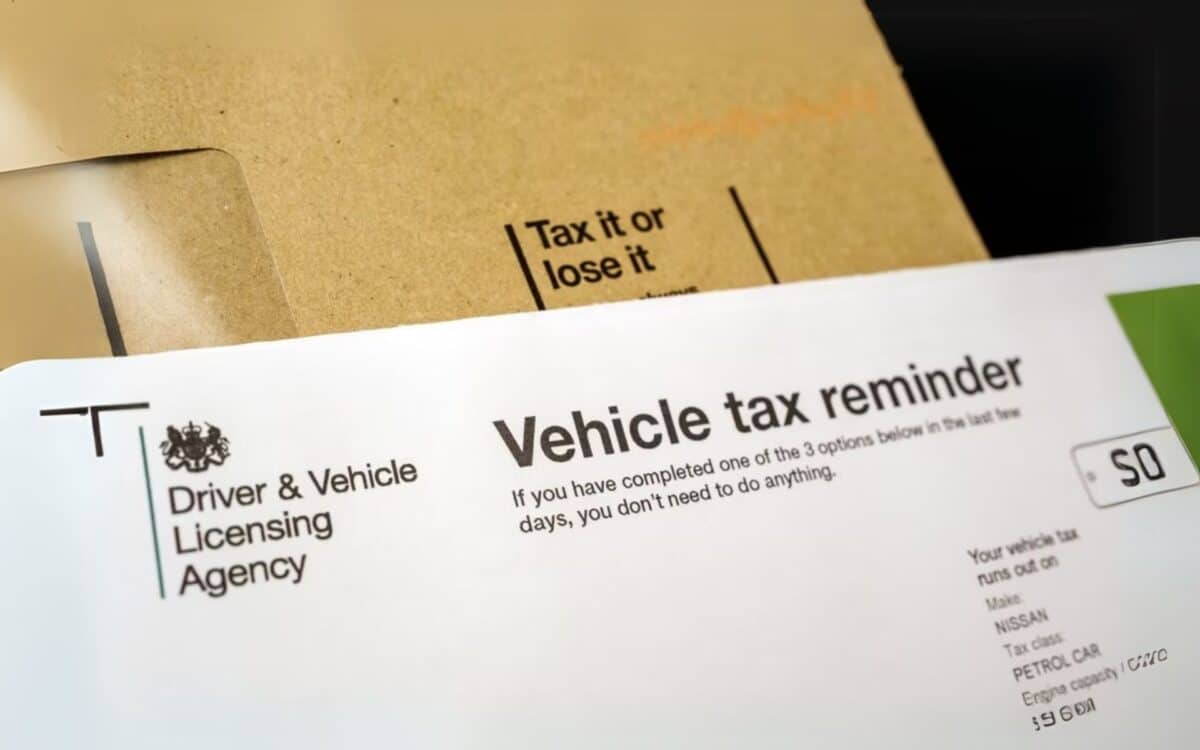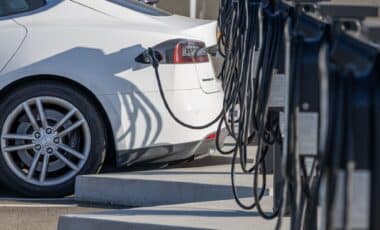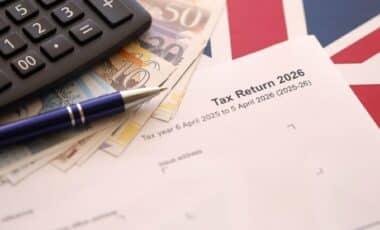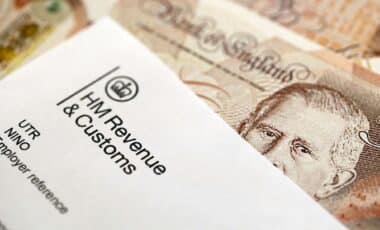New changes to Vehicle Excise Duty (VED) took effect on April 1, 2025, as outlined by the DVLA, bringing adjustments for various vehicles, including electric ones. While many drivers will face increased charges, certain vehicles remain exempt from the tax, particularly those with historic status.
According to the DVLA, the updates involve new tax rates for electric and hybrid vehicles, while offering exemptions for older vehicles meeting specific criteria.
Live updates from sources like Lancs Live detail how these changes will affect car owners across the UK, highlighting the introduction of VED for EVs and the elimination of certain discounts for hybrids.
Electric Vehicles Face New Tax Rules
For the first time, drivers of electric vehicles will be required to pay VED, with a minimal first-year charge of £10 for new EVs registered on or after April 1, 2025. From the second year onwards, the standard rate of £195 will apply. This applies to all electric, zero-emission, and low-emission vehicles registered from this date.
However, older electric vehicles, particularly those registered between April 1, 2017, and March 31, 2025, will also pay the standard rate from their second tax payment.
For hybrid and alternative fuel vehicles (AFVs), the annual £10 discount will be removed. The tax rate for these vehicles will depend on their CO2 emissions and when they were first registered.
If registered before April 1, 2017, the rate will vary based on CO2 emissions, while vehicles registered after this date will be subject to the standard rate of £195.
Historic Vehicles Now Exempt From Ved, According to DVLA
A notable exemption to the new tax rules is for historic vehicles. Cars, vans, and motorcycles built before January 1, 1985, qualify for historic vehicle status, which grants them exemption from VED.
This exemption is applicable starting from the beginning of the financial year after the vehicle’s 40th birthday. However, vehicle owners must apply for this status with the DVLA to officially avoid paying car tax.
Mark Wilkinson, managing director at Heritage Car Insurance, explained:
Historic vehicles are cars, vans, and motorcycles that are at least 40 years old and classified as such by the DVLA. Once a vehicle is officially registered as historic, you no longer need to pay vehicle tax (VED). This exemption applies from the start of the financial year after your car’s 40th birthday.
He further emphasised,
As of April 1, 2025, a car built before January 1, 1985, qualifies for this historic vehicle exemption. It’s crucial for motorists to remember that they must still go through the process of taxing their vehicle with the DVLA.









